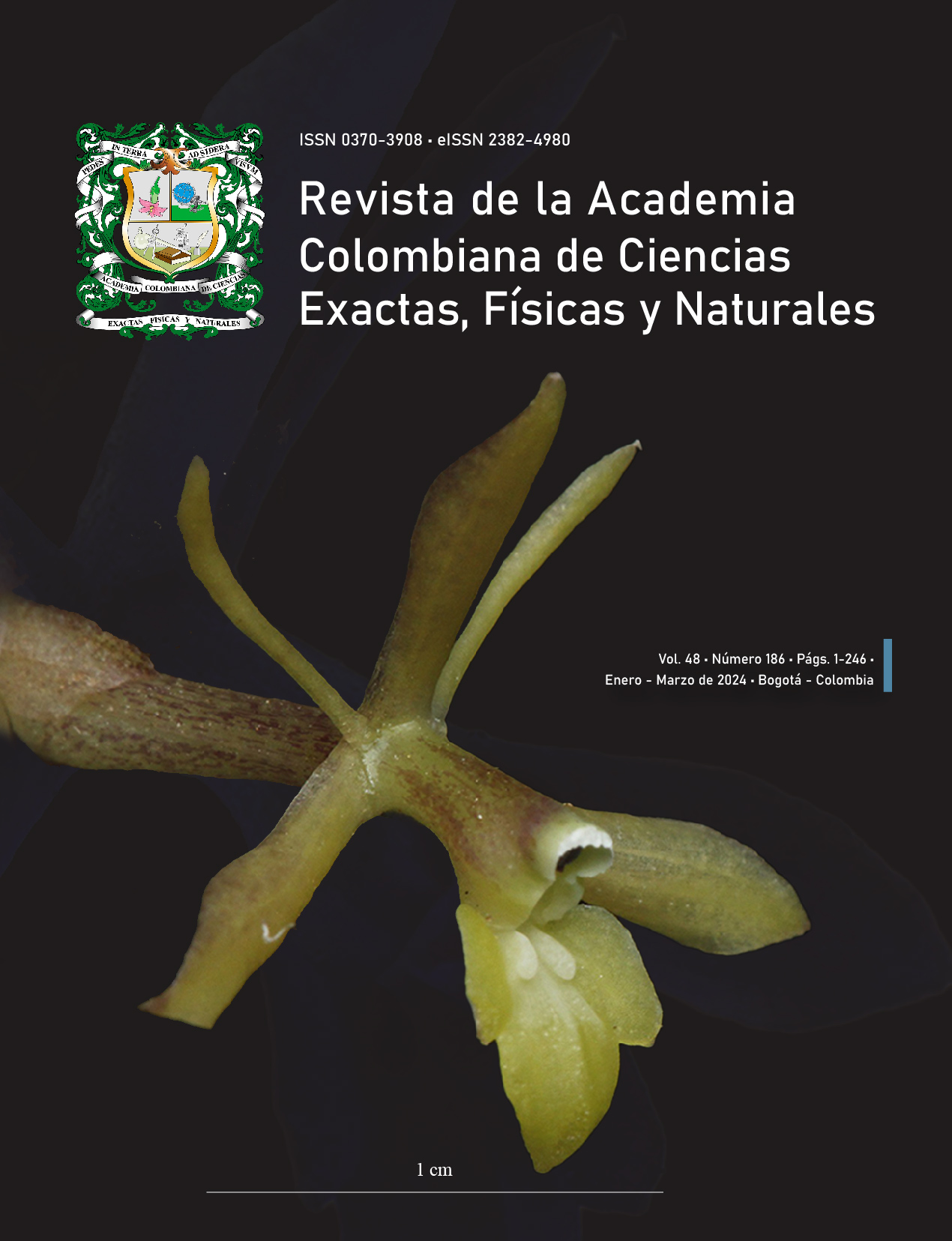Resumen
En el mundo universitario italiano la denominada Educación matemática forma parte del área científica disciplinaria “MAT 04” y sus cursos se imparten en todas las universidades en distintos niveles académicos: en las facultades de ciencias y las carreras de formación de profesores de escuela primaria, así como en las maestrías y doctorados de investigación. En este artículo se trazan las líneas de la evolución histórica de la disciplina a nivel internacional y se da cuenta de sus antecedentes, en un intento por explicar cuáles son sus condiciones actuales.
Referencias
Brousseau, G. (1986). Fondements et méthodes de la didactique des mathématiques. Recherches en Didactiques des Mathématiques, 7(2), 33-115.
Bruner, J. S. (1966). Towards a Theory of Instruction. Cambridge University Press. Bunge, M. (1960). Science, its method and its philosophy. Eudeba.
D’Amore, B. (2007). Mathematical objects and sense: how semiotic transformations change the sense of mathematical objects. Acta Didactica Universitatis Comenianae, 7, 23-45.
D’Amore, B. & Fandiño-Pinilla, M. (2007). How the sense of mathematical objects changes when their semiotic representations undergo treatment and conversion. La matematica e la sua didattica, 21(1), 87-92. [Proceedings of the Joint Meeting of UMI–SIMAI/SMAI–SMF: Mathematics and its Applications. Panel on Mathematics Education. Department of Mathematics, University of Turin. July 6, 2006].
D’Amore, B. & Fandiño-Pinilla, M. (2017). Reflexiones teóricas sobre las bases del enfoque ontosemiótico de la Didáctica de la Matemática. En J.M. Contreras, P. Arteaga, G.R. Cañadas, M.M. Gea, B. Giacomone y M.M. López–Martín (Eds.), Actas del II Congreso Internacional Virtual sobre el enfoque Ontosemiótico. Granada, March 23-26, 2017. Proem Editora. http://enfoqueontosemiotic.ugr.es/civeos.html
Decreto del Presidente della Repubblica 12 02 1985, n. 104 (D.P.R. 104). (1985). Approvazione dei nuovi programmi didattici per la scuola primaria. p. 24 Gazzetta ufficiale, 76. https://www.edscuola.it/archivio/norme/decreti/dpr104_85.pdf
Dienes, Z. (1972). La mathématique vivante. OCDL.
Fischbein, E. (1963). Conceptele Figurale. Editura Academiei RPR.
Fischbein, E. (1993). The Theory of Figural Concepts. Educational Studies in Mathematics, 24(2), 139-162.
Kuhn, T. S. (1957). The Copernican revolution. Planetary astronomy in the development of western thought. Harvard University Press.
Kline, M. (1973). Why Johnny Can’t Add: The Failure of the New Math. St. Martin’s Press. https://doi.org/10.1177/019263657405837820
Lakatos, I. (1978). Philosophical Papers. Cambridge University Press.
Radford, L. (2021). The theory of objectification. A Vygotskian perspective on knowing and becoming in mathematics teaching and learning. Brill/Sense. http://dx.doi.org/10.1080/10986065.2021.1984070
Romberg, T. (1983). Toward “normal science” in some mathematics education research. Zentralblatt für Didaktik der Mathematik, 15(8), 89-92.
Stolz, M. (2002). The History of Applied Mathematics and the History of Society. Synthese, 133(1), 43-57. http://dx.doi.org/10.1023/A:1020823608217
Thom, R. (1970). Les mathématiques modernes: une erreur pédagogique et philosophique? L’Age de la Science, 3(3), 225-242.
Thom, R. (1973). Modern mathematics: does it exist? En A. Howson (Ed.), Developments in Mathematical Education (194-210). Cambridge University Press. https://doi.org/10.1017/CBO9781139013536.011
Wigner, E. (1960). The unseasonable effectiveness of Mathematics in the Natural sciences. Communications on Pure and Applied Mathematics, 13(1), 1-14. https://doi.org/10.1002/cpa.3160130102

Esta obra está bajo una licencia internacional Creative Commons Atribución-NoComercial-SinDerivadas 4.0.
Derechos de autor 2024 Revista de la Academia Colombiana de Ciencias Exactas, Físicas y Naturales

